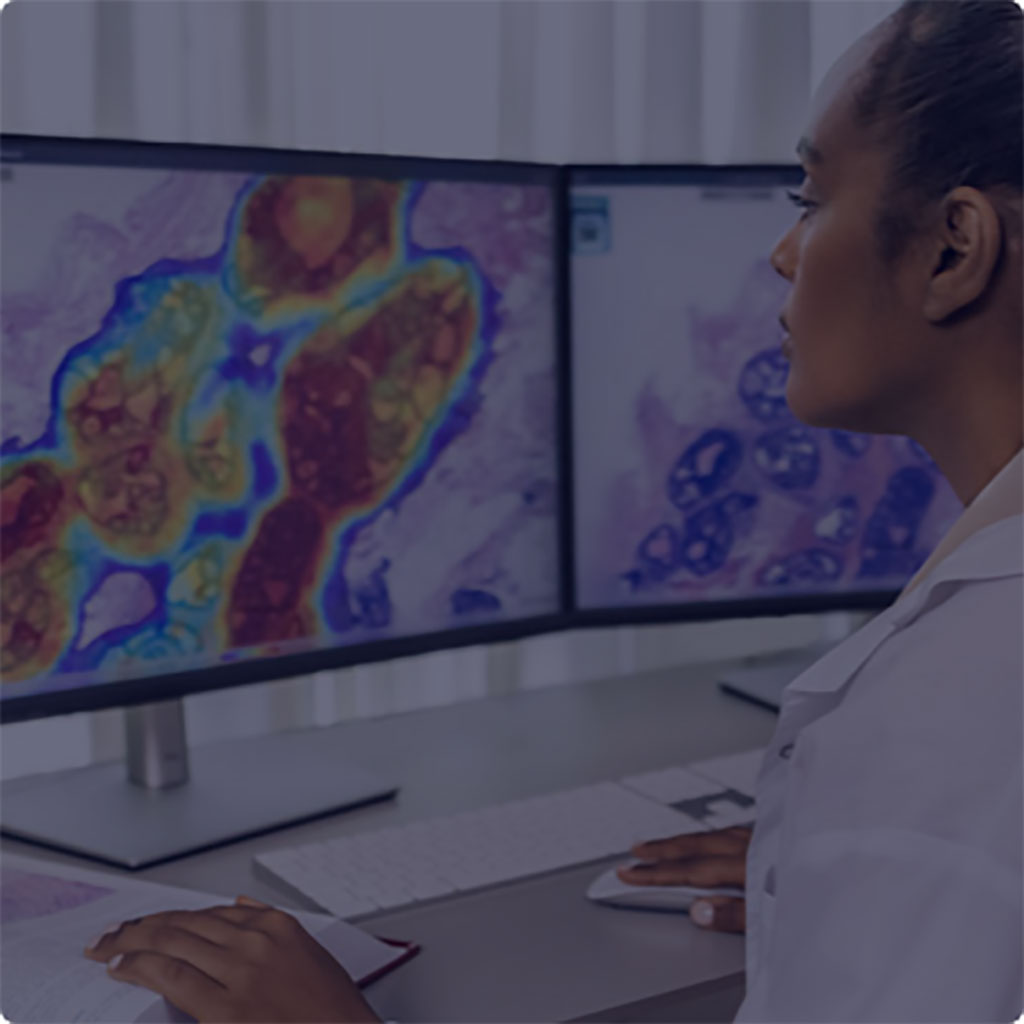AI Algorithm Aids Pathologists with Accurate HER2 Assessment in Breast Cancer Diagnosis
Posted on 09 Feb 2023
Clinicians use scoring of HER2 (human epidermal growth factor receptor 2) protein expression in breast cancer to identify patients who can benefit from HER2-directed therapies. Currently, pathologists use a microscope to score HER2 in tumor samples visually. However, this poses a challenge in cases of low HER2 expression as the scoring is subjective and can lead to different interpretations. Computational tools that are developed using artificial intelligence (AI) have the potential to support pathologists in accurate and objective scoring of HER2. This can help oncologists in determining therapies approved for treating patients with HER2-positive or HER2-low breast cancer.
Ibex Medical Analytics (Tel Aviv, Israel) has entered into an agreement with AstraZeneca (Cambridge, UK) and Daiichi Sankyo (Tokyo, Japan) for the development, clinical validation and early adoption of an AI-powered product to aid pathologists with an accurate and reproducible assessment of HER2 immunohistochemistry (IHC) scoring in breast cancer patients. Ibex's Galen Breast HER2 is an IHC scoring product that detects tumor areas and quantifies HER2 expression into four standard categories, 0, 1+, 2+ and 3+, based on the 2018 ASCO/CAP scoring guidelines. As part of the collaboration, Ibex will work with AstraZeneca and Daiichi Sankyo to develop and clinically validate its HER2 IHC scoring product and generate evidence that further supports adoption of the technology.

A multi-site validation study on Galen Breast HER2 involved a cohort of 453 breast tumors of diverse subtypes. The study demonstrated that Galen's AI algorithm provides an accurate and automated HER2 score for pathologists. Ibex's Galen Breast solution demonstrated robust outcomes in detecting and grading multiple types of breast cancer and other clinically relevant features across clinical studies performed on numerous diagnostic workflows. In addition to HER2, Ibex is further expanding Galen Breast to include automated quantification of additional IHC-stained slides, such as ER, PR and Ki-67, intended to provide pathologists with a comprehensive set of tools for breast cancer diagnosis. With these expanded capabilities, Galen Breast can further enhance diagnostic efficiency and enable more accurate and objective scoring of breast biomarkers, improving treatment decisions and patient care.
"Recognizing the vital role pathologists play in the diagnosis and treatment of cancer patients, we are thrilled to partner with AstraZeneca and Daiichi Sankyo to clinically validate our automated HER2 scoring product and offer it to laboratories around the world," said Joseph Mossel, Co-founder and CEO of Ibex Medical Analytics. "As the most commonly diagnosed cancer in women, this collaboration will allow pathologists to utilize our technology to optimize breast cancer diagnosis and ultimately improve the identification of patients eligible for HER2-directed therapy."
Related Links:
Ibex Medical Analytics
AstraZeneca
Daiichi Sankyo














